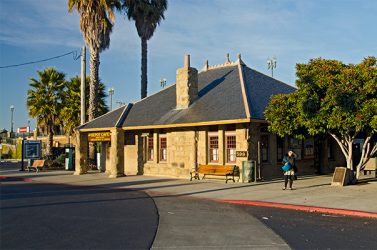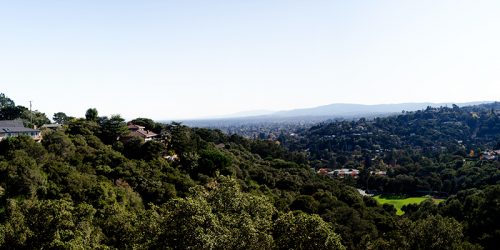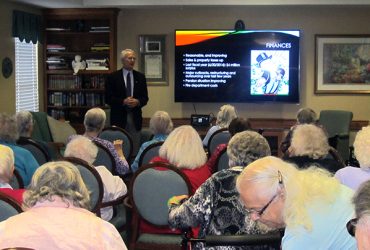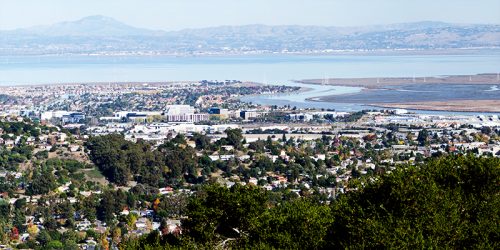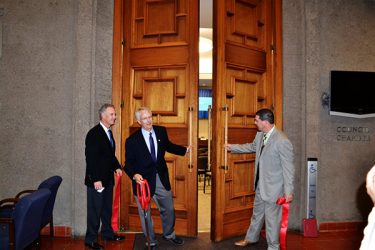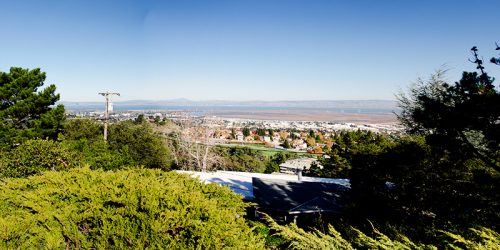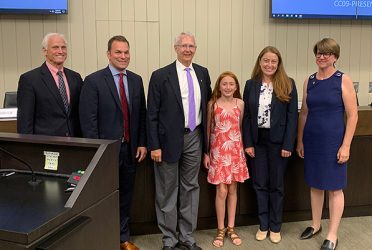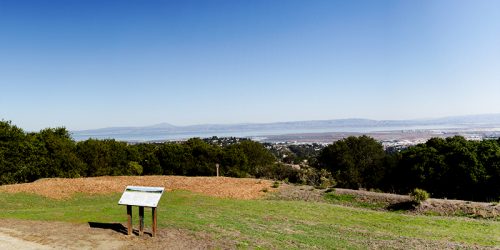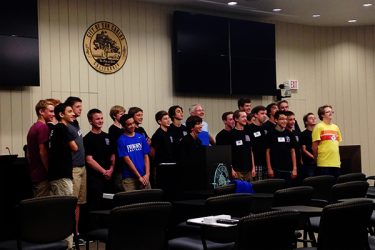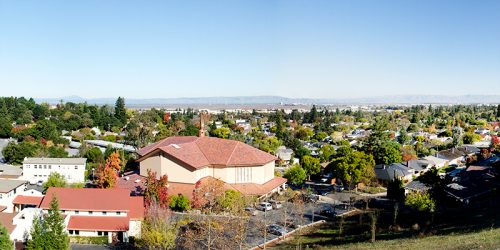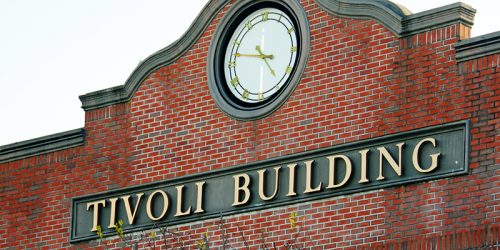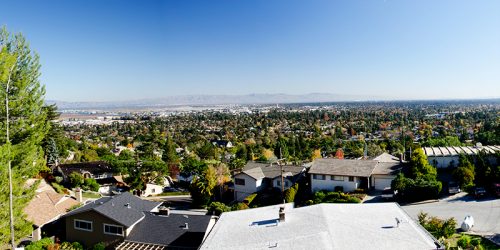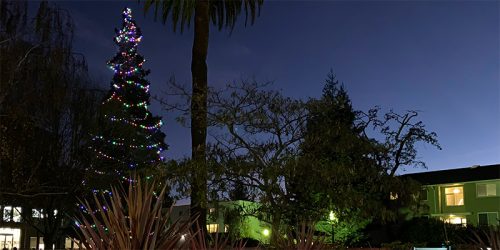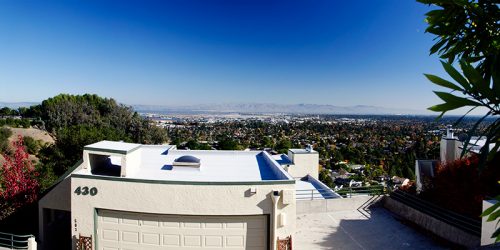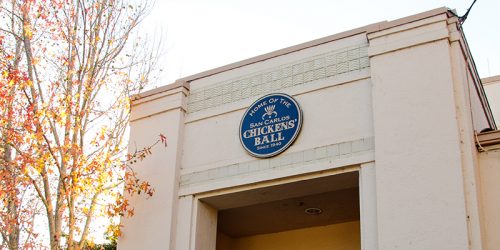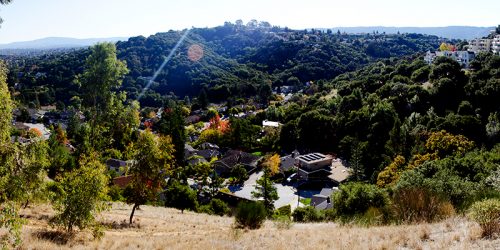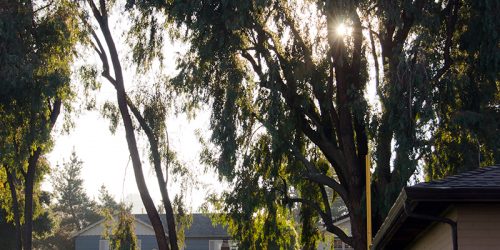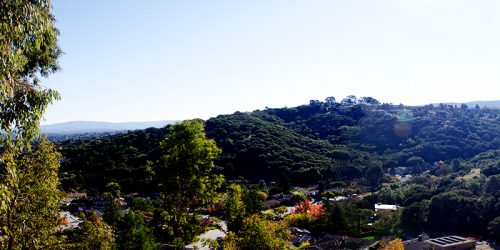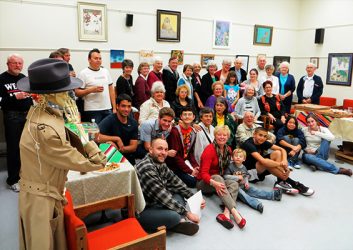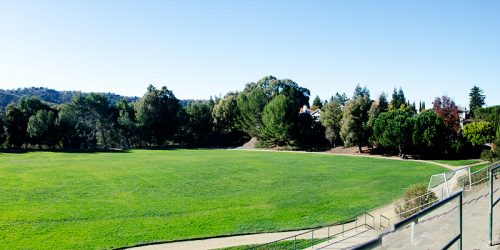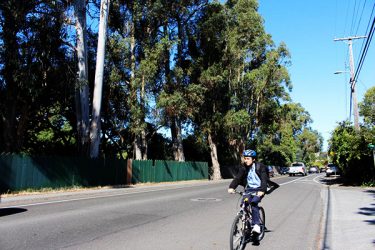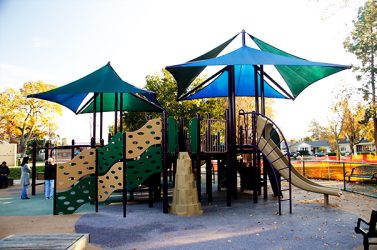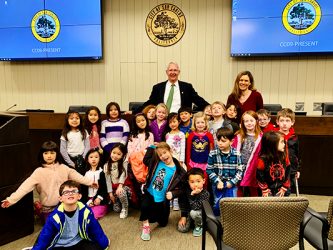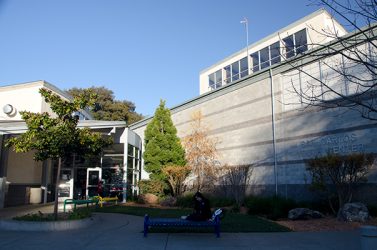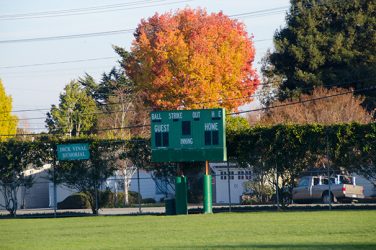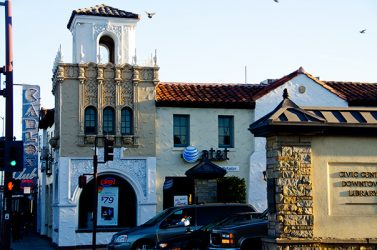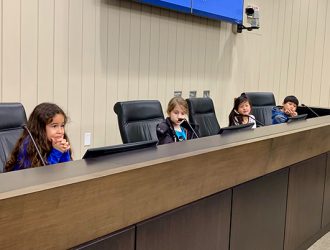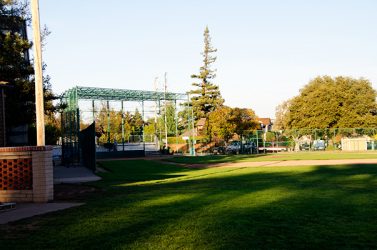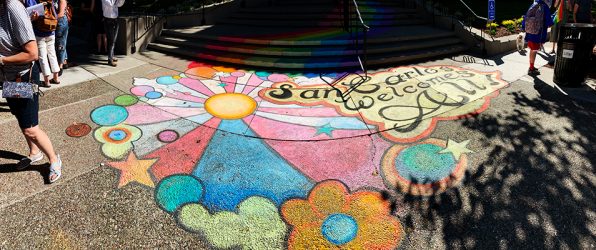This was sparked by an odd, to me, discussion the Council had last night. In all fairness, while I think the direction the Council appears to be going on this particular issue is wrong, it’s not that big a deal. But it does serve to highlight an issue that’s rarely discussed when residents talk about their government, namely, how transparent should law enforcement be?
Here’s the background: a resident wrote to the Council about what he felt was a shortcoming in the signage that spells out parking time limits in the downtown area. In particular, he felt that the fact we rely, for some of the spaces, on an electronic monitoring service should be disclosed (we were voting on expanding that system last night, which is why the topic was on the agenda).
This issue had come up once before, when some residents complained to the Council that they were getting unexpected parking tickets due to the use of the new system. The tickets were unexpected because the residents had learned, over the years, how long it took the Community Service Officers who monitor the parking spaces to do their routes, and were thus able to squeeze out some more time (i.e., if you park in a two hour space, but you know the cops only check the spaces once every three hours, you can use the space for three hours, if you time things properly).
Back then, the Council rejected Matt’s suggestion that we do something about this “problem”, the logic being that the time limits are clearly posted, and how we do enforcement has nothing to do with those limits, anyway. This made perfect sense to me. Indeed, I remember being momentarily shocked that someone would go to the trouble of timing the officers’ routes, just to hog a parking space for a little while longer. It seemed like a waste of scarce mental resources :).
Last night, though, the Council indicated it would be willing to consider changing all the parking limit signs where the electronic monitoring system is used to disclose that the parking spaces are “electronically monitored”. The argument was that this would better achieve the goal of encouraging turnover of the parking spaces, because people would be less tempted to overstay the allotted time.
That may be true, although unless the electronic system is extended throughout San Carlos — which isn’t the current plan, for financial reasons — it would also have the effect of teaching people that you can cheat the system on spaces that are not electronically monitored.
But, regardless, I think it’s a bizarre approach for a community to take regarding law enforcement. Aren’t we supposed to be encouraging everyone to follow all our laws, because those are the rules we’ve collectively agreed to follow? Sure, most of us bend many of the rules — I often remind people that it is difficult to find anyone driving at or under the speed limit on the 101, unless traffic is heavy — but we do so knowing we are at risk of being ticketed or charged if we get caught.
Telling people “these parking spaces are electronically monitored”, when the spaces are already marked as being usable for only a limited time, strikes me as saying something like “These are the rules! And we really, really mean this one!” Which implies that we don’t care as much about the other rules. As I remarked to Cameron last night after he suggested the change in the signage, what’s next? Changing all the stop signs so they say “we’re really serious about you stopping, even if we aren’t videotaping you”?
In the end, changing out all the parking signs won’t, I hope, cost much, so it’s not that big a deal (although it’s never a good idea to waste public money, and such a change strikes me as an unnecessary use of tax dollars).
But I wish we weren’t going to do it. Because it just feels wrong.
And now, for your amusement, a few proposed new signs we could put up around town, to ensure we fully disclose where we are not electronically monitoring driving behavior (click any image to enlarge it). Solely in the interests of being transparent, and fully-disclosing our law enforcement practices, mind you 🙂
This first one is probably unnecessary, since so many people ignore stop signs when there isn’t any law enforcement around already:
This one would likely be useful on many of our more heavily-traveled residential streets:
And let’s not forget about all the kids who walk to school in town:
